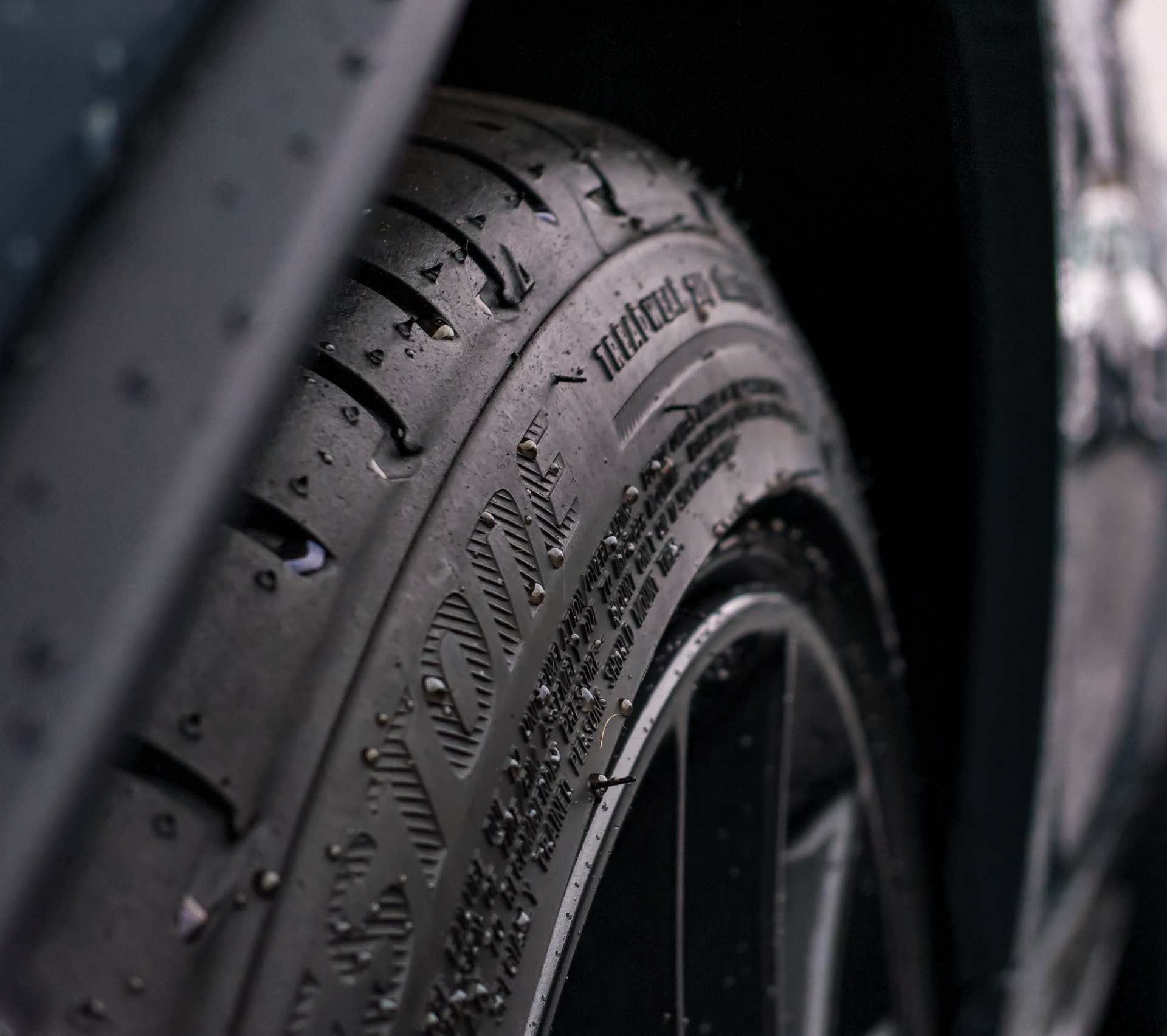
Sponsored article
Buying industrial tires is always a big investment, which is why it’s a good idea to give it careful thought. So find out how to choose industrial tires correctly and what types of tires there are
In the case of industrial tires, not only is the quality important, but also the fitment. Find out what to look for when choosing an industrial tire to ensure that you will be satisfied throughout the entire life of the tire.
Let’s start with where industrial tires are most often used. They are most often used in difficult and dangerous conditions, so we can find them, for example, on machines working in mines, on construction sites, or in agriculture. Therefore, when choosing this type of tire, pay special attention not only to the size, but also to the design and appearance of the tread. And what treads can we distinguish?
Remember that ill-fitting tires can significantly affect the way you drive your vehicle, which can be the direct cause of a collision. In addition, improperly selected industrial tires will result in faster tire wear
There are many types of industrial tires. One of them is agricultural tires, such as tractor tires. In their case, it is worth choosing a model that will work well both in heavy field work and road transport. Another type of industrial tire is crane tires. Tires of this type are very demanding. They should be able to handle gravel or sandy surfaces, but they should also be able to handle asphalt or concrete surfaces. Crane tires must be versatile and extremely durable. Yet another type of tire are tires for construction machinery. These tires are subjected to enormous dynamic and static forces, and the surface on which the machines move is rarely even. Therefore they should be made from the best quality materials and adapted to quarries, mines and construction sites. You can find all these types of tires at https://profesjonalneopony.pl/.
Main photo: Obi Onyeador/unsplash.com